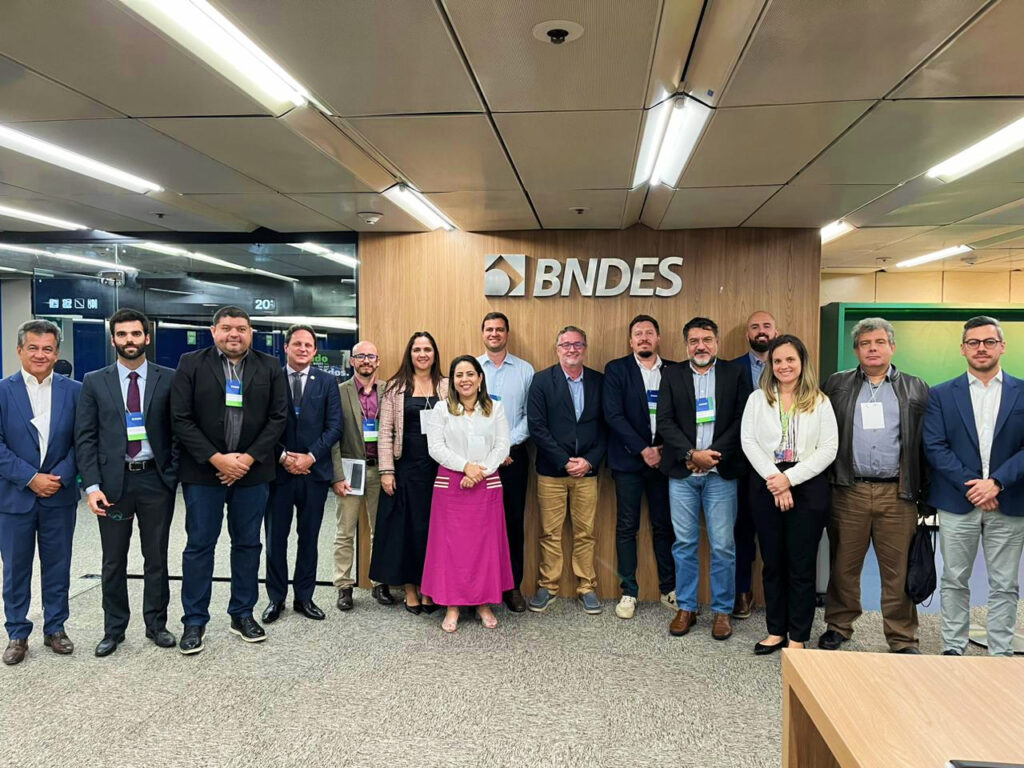
Regional Governments Lead the Way: Highlights from the 2nd Consortium Green Brazil Workshop
On July 10th, the GCoM – Gap Fund Partnership team for Latin America and the Caribbean delivered the workshop ‘Linking the subnational level to climate finance’ within the framework of the 2nd working meeting of the Consortium Green Brazil in Rio de Janeiro. The Consortium brings together the Environment Secretaries of 25 Brazilian State governments in an effort to promote strategies and actions to support the implementation of the Paris Agreement, while their executive secretary is led by the Centro Brasil pelo Clima (CBC).
This second working meeting was focused on climate finance and gathered 24 representatives of 15 Brazilian States, and 11 representatives from CBC, EU Climate Dialogues and GCoM-Gap Fund. The morning session was led by the Brazilian Development Bank (BNDES) to present the new lines and criteria of the Climate Fund (Fundo Clima). During the afternoon, Guillermo Piñones and Agustín Botteron -GCoM Gap Fund LAC team- discussed with the participants on the climate finance environment, the structuring of urban climate projects, and also the identification of the main challenges and priorities for action from State Governments.
Among the results highlighted, the Environment Secretaries emphasised the relevance of adaptive action at State level in the face of heat island effect and flooding issues, through developing nature-based solutions followed by sustainable mobility. In addition, they emphasised the challenges of strengthening technical teams at the sub-national level for project analysis and preparation, as well as the need to support states in accessing non-public climate finance.
At the end of the session, the organisers expressed interest in continuing the collaboration through future training activities to state governments’ technical staff and in exploring potential projects at the sub-national level. “State governments bring a strategic vision of the territory that is crucial to foster larger climate solutions that involve the aggregation of cities and sectors. Thus, there is room for multilevel collaboration between states and cities to accelerate the development and implementation of climate actions” agreed the GCoM-Gap Fund LAC team.